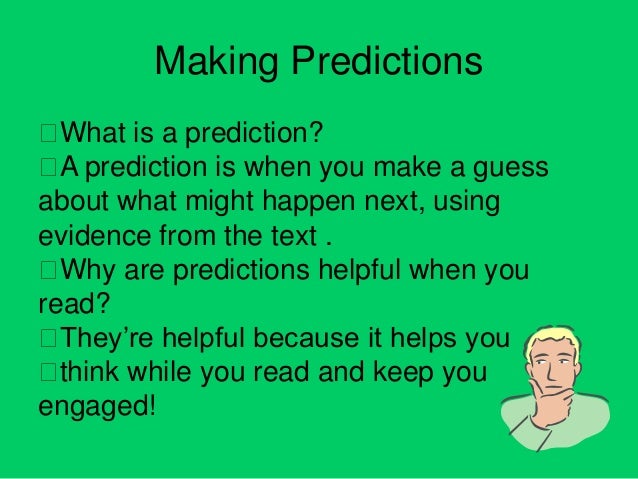For our last blog or journal in the 4th quarter, We learned about Taking Stand. Taking a stand means expressing your opinions or viewpoints whether you are asserting your unyielding support of, defense of, or opposition to something. It is adopting a firm position about an issue and defending your point of view or beliefs. A thesis statement identifies the topic being discussed, includes the points raised about the topic, and is written for a specific audience. It presents the major message of the paper and a summary of the points you make. It is usually found at the end of the first paragraph or the introduction to prepare the readers by generating interest in the topic. It also facilitates understanding. Another option is to think of a thesis statement as one complete sentence that expresses your position, opinion, or stand on an issue.
The activities are easy and you can do them right away. I learned that there are 3 parts to a Thesis Statement. The first part is the Topic, which tells the readers what the paper is about. However, it must narrowly define the topic, or it will be too broad. The second part is Stand / Stance / Claim, which means your assertion or your opinion. It is what you think of the issue/topic, whether you agree, disagree, support, or contradict. The third part is Reasons / Significance / Solutions, which are the “because” factors. These are the details that will support or explain your stand/claim. To do this, ask yourself why you are making that stand/claim. There's none I find difficult. The highlight of the blog is knowing the parts of the Thesis Statement.
┏━━━━━━✦❘༻༺❘✦━━━━━━┓
You know butterflies can't see the color
of their wings, But we as humans can
see how beautiful they are.
Likewise, you might not think you're
good enough but others can see how
special and amazing you are.
┖━━━━━━✦❘༻༺❘✦━━━━━━┛
.gif)







.gif)
